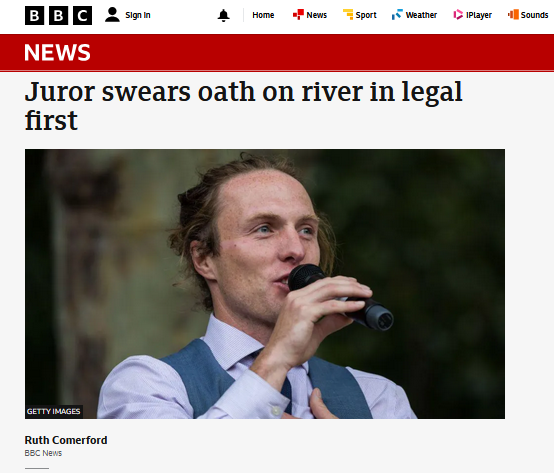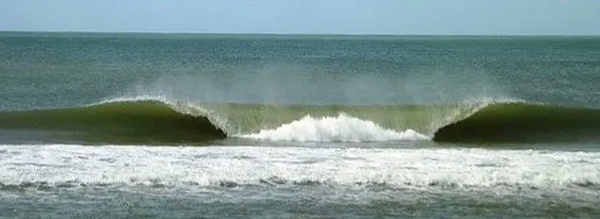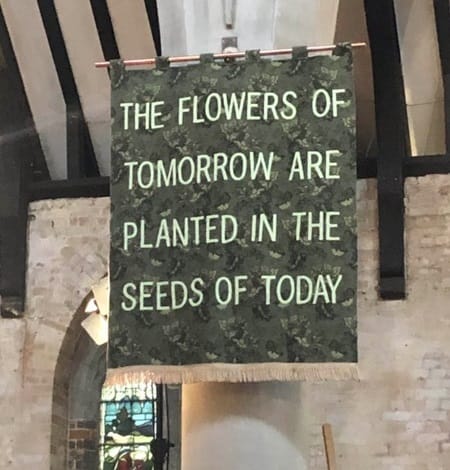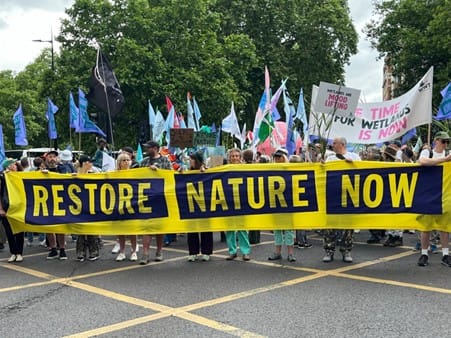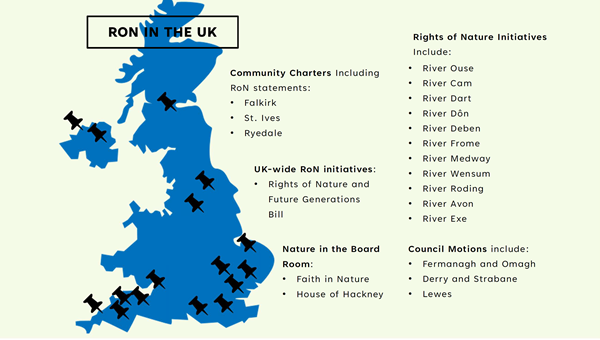Ask Not (Only) What Nature Can Do for Us – But Also What We Can Do for Nature
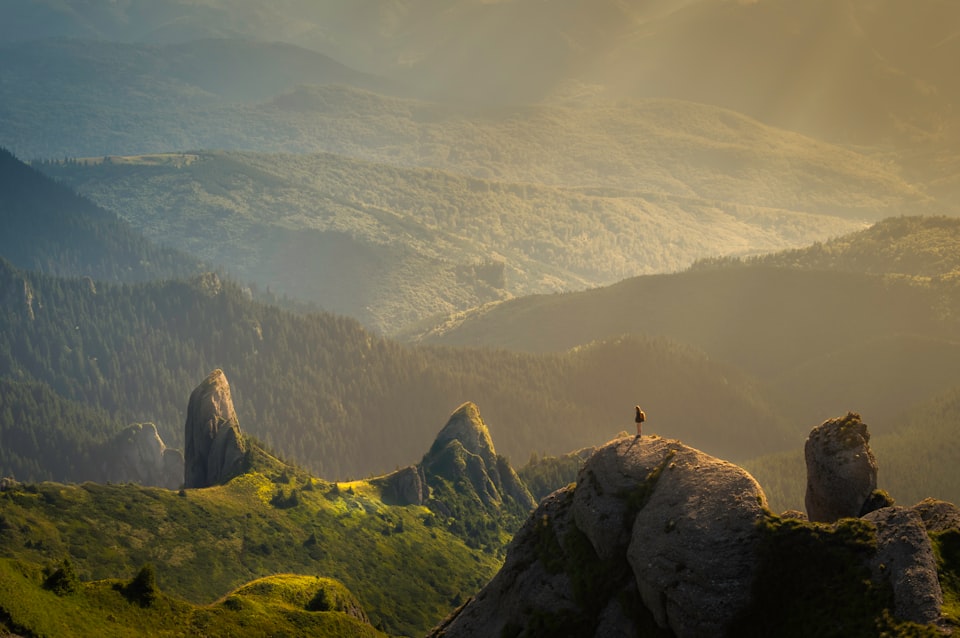
Shifting to a more ecocentric relationship
Since the lockdowns during the Covid-19 pandemic, there have been calls to increase our connection with nature. Those with access to green space during that time came to appreciate it more than ever and yet it also highlighted the inequalities in access to nature. There are many reasons why a connection to nature is beneficial to individuals and to society. However, we should also be wary of a purely anthropocentric take, that is to say, what humans stand to gain from nature, be that functional resources or well-being.
In this article, I look at a framework for nature connection that can help us to understand the range of ways that humans relate to nature. I also explore a way to turn this on its head and use it in a more ecocentric, rather than anthropocentric, way to urge us to ask questions of our initial responses.
How do nature connection experts view our relationships with nature?
Miles Richardson leads the Nature Connectedness Research Group at the University of Derby. He and his team have drawn on a framework which categorises and describes different relationships with nature that was developed and refined by ecological scientist Stephen Kellert across his career. This typology outlines ten ways in which humans relate to nature.
The below table describes these different orientations. Readers will, I am sure, naturally respond more strongly to some than to others.
To illustrate how these different orientations might manifest themselves, some examples are given below.
All of us have the capacity to exhibit any of the ten types of relationship, although individuals tend towards some orientations over others. These tendencies can shift and change over time and are context dependent.
Understanding the range of orientations can be useful in relation to the crises we are facing as it means we can more readily discern a position taken in a particular narrative or by an individual or organisation. It also helps to explain a lack of response or the rejection of certain approaches.
For example, a utilitarian mindset might be revealed in calls for a financial valuation of nature, using the language of ‘natural capital’ and ‘ecosystem services’. This approach may sound like a pragmatic approach to some. However, it will repel others who may instead be drawn to environmental causes via an aesthetic orientation, for example wishing to support the preservation of a local beauty spot.
We can also start to see when one orientation is pushed too far and distorts our relationship with nature. Over the centuries, especially in the developed world, we have leant more and more towards the utilitarian and dominionistic. Thinkers such as Dougald Hine are suggesting that the climate crisis is less due to:
"a piece of bad luck with atmospheric chemistry [but] because of an approach to the world, a way of seeing and treating everything."
- Hine, D. (2023) At Work in the Ruins. London: Chelsea Green Publishing
Even making the case for a green transition, human needs are typically prioritised by seeking ever varied ways to use and control nature. This is topical given the current focus on mining for rare earth minerals to enable a transition away from fossil fuels, revealing that our relationship with nature remains fundamentally based on utilitarian and dominionistic mindsets.
Where are the Rights of Nature in all this?
Even in his field of nature connectedness, Miles Richardson laments the tendency for research funding to focus exclusively on the anthropocentric benefits of nature and is keen to state that:
"nature is not a resource, even if it’s for human wellbeing"
- Richardson, M. (2023) Reconnection: Fixing our Broken Relationship with Nature. London: Pelagic Publishing
We should certainly be grateful to nature for the resources and benefits it gives us. Some of these are essential for life itself, and an argument could certainly be made that others contribute to making human life worth living. All of them demonstrate how deeply we are interconnected with and dependent upon nature. However, taking a step back, we can also see that it is rather one-sided.
This is where the Rights of Nature comes in because it puts us into a different – more ecocentric - relationship with nature. It asks of us the question of what nature needs and wants rather than only what we need and want from nature.
As a thought experiment, we can try flipping Kellert’s typology on its head and asking ourselves what nature gets from this relationship.
Nature is essential for human survival and, over and above this, enhances our wellbeing and our sense of meaning in a broader sense. Many people can recount how their experience of reconnecting with nature has supported their wellbeing. Taking the time to understand Kellert’s framework is a worthwhile exercise to increase our understanding of the complexity and variety that exists within human relationships with nature.
After that, we can challenge ourselves to go further by combining this framework with a consideration of the Rights of Nature. We can then start to ask what role we are playing in the relationship and what does nature need from us, not only what do we need from nature?
Nadine Storey recently completed an MA in Regenerative Economics at Schumacher College. Her dissertation research explored the potential for recognising the Rights of Nature in law to bring about mindset change. She also writes occasionally for Green House Think Tank.
